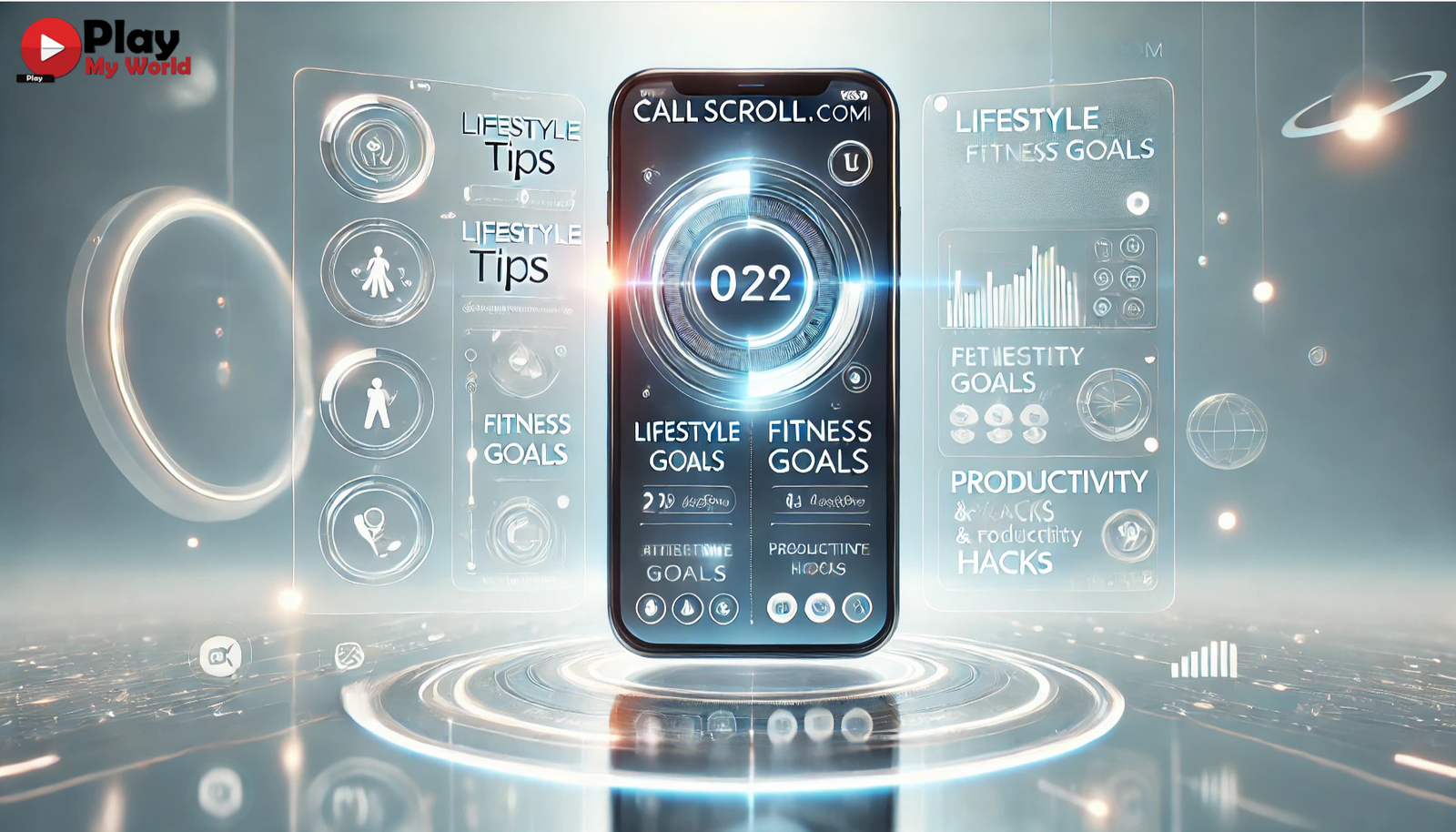Marketing has changed a lot over the years. Traditional advertising like TV, print, and radio has been used as the main way for brands to reach people. But today, customers expect more. They want to connect with brands in ways that feel personal, memorable, and real. This shift has opened the door for more interactive and engaging approaches.
One strategy that’s gaining real momentum is experiential marketing. Instead of just telling people about a product or service, it invites them to experience it for themselves.
This is where experiential event production plays a key role by creating unique and well-designed experiences. Brands can engage consumers in real time, on the spot, in the moment.
When done right, these events go far beyond entertainment. They help people understand the brand’s message, values, and personality in a way that sticks.
If your company is based in or targeting the UK market, working with an experiential agency in London can give you the local insight and creative expertise needed to bring these experiences to life.
What Is Experiential Marketing?
Experiential marketing focuses on creating real-life experiences for people. Instead of just showing an advert or sharing a message, it gives customers the chance to interact with a brand in a hands-on and meaningful way.
At its core, experiential marketing is all about connection. It encourages people to see, touch, try, or even be part of a brand experience. This could be anything from a product demo at a live event to a fully immersive pop-up space. The goal is to leave a lasting impression that people will remember and hopefully talk about.
Working with a trusted experiential agency in London can help companies bring these ideas to life. These agencies specialise in designing and managing events that are creative and aligned with business goals.
How Does Experiential Marketing Drive Real-Time Engagement?
One of the biggest strengths of experiential marketing is its ability to spark real-time engagement. This means people are not just watching or listening, they’re actively taking part as things happen.
Experiential marketing creates immersive environments where customers can fully engage with a brand. This might be through hands-on product trials, themed spaces, or live demonstrations. These settings are carefully designed to encourage participation, whether that’s exploring a space, trying something new, or giving instant feedback.
Live events, branded pop-ups, and interactive installations are some of the most common tools used. When managed by a skilled experiential agency in London, these activities are not only visually impressive—they’re also tailored to reflect a brand’s identity and values. For businesses, this means every detail works towards building stronger connections with their target audience.
Social media also plays a big role. These experiences often include moments that are perfect for sharing. People are quick to post on Instagram, X (formerly Twitter), or LinkedIn, which helps spread the brand message instantly and widely.
How To Integrate Experiential Event Production into Marketing Strategies
Bringing experiential marketing into your wider strategy just requires the right planning and partnerships.
The first step is to set clear goals. What do you want people to feel, do, or remember after the experience? Once that’s defined, it’s time to plan the details: the type of event, the location, and the activities that will bring your brand to life.
This is where experiential event production comes in. A well-executed event should feel seamless to the audience, but behind the scenes, it takes careful coordination.
That’s why many businesses choose to work with experienced teams like Seven Events, a trusted experiential agency in London. They handle everything from concept development to on-the-day logistics, making sure every part of the experience supports your brand and goals. Their creative thinking and practical know-how can turn ideas into real results.
After the event, it’s important to measure its impact. This could be through social media engagement, on-site feedback, sales uplift, or press coverage. Understanding the return on investment (ROI) helps improve future campaigns and shows the true value of experiential marketing.
What Are the Challenges and Considerations in Experiential Marketing?
While experiential marketing offers big rewards, it also comes with a few challenges worth keeping in mind.
One of the biggest factors is budget. High-impact events often involve venue hire, custom builds, staffing, and technology. That’s why working with a professional experiential agency in London is so valuable. They can help you make the most of your budget without compromising on quality.
Logistics can also be complex, especially if your event involves multiple partners or moving parts. A good experiential event production team will manage these details, from permits to power supply, so everything runs smoothly on the day.
Another key consideration is brand consistency. While creativity is important, the event must still reflect your brand’s message, tone, and values. Striking the right balance between standing out and staying true to your brand is what makes experiential marketing truly effective.
With the right planning and the right team, these challenges can be handled and turned into opportunities to create something memorable, meaningful, and on-brand.
Final Words
As marketing continues to grow, one thing remains clear: People want real, meaningful connections with the brands they support. Traditional methods still have their place, but they can’t always deliver the level of engagement that today’s consumers expect.
That’s where experiential marketing stands out. By creating live, interactive experiences, brands can build trust, spark emotions, and stay top of mind long after the event ends. These moments offer real value for both businesses and their audiences, whether it’s a pop-up installation, a product showcase, or a large-scale activation.
Working with an experienced experiential agency in London makes sure every detail is handled professionally. Through high-quality experiential event production, brands can make a strong and lasting impression in real time.
Experiential strategies offer a fresh, human approach to engagement in a world where attention spans are short and competition is high. Now is the time for brands to embrace them and start building deeper, more authentic relationships with their customers.




